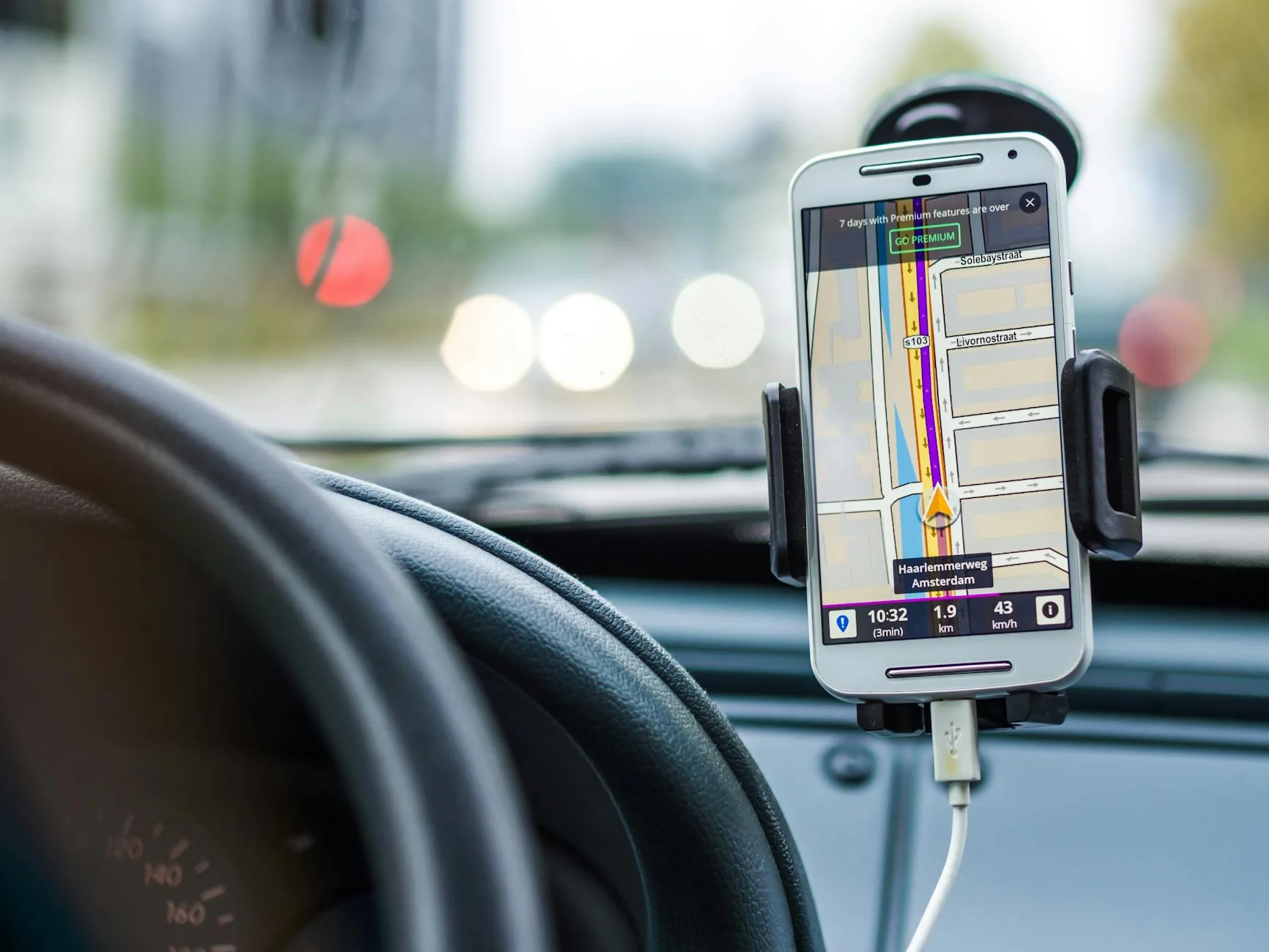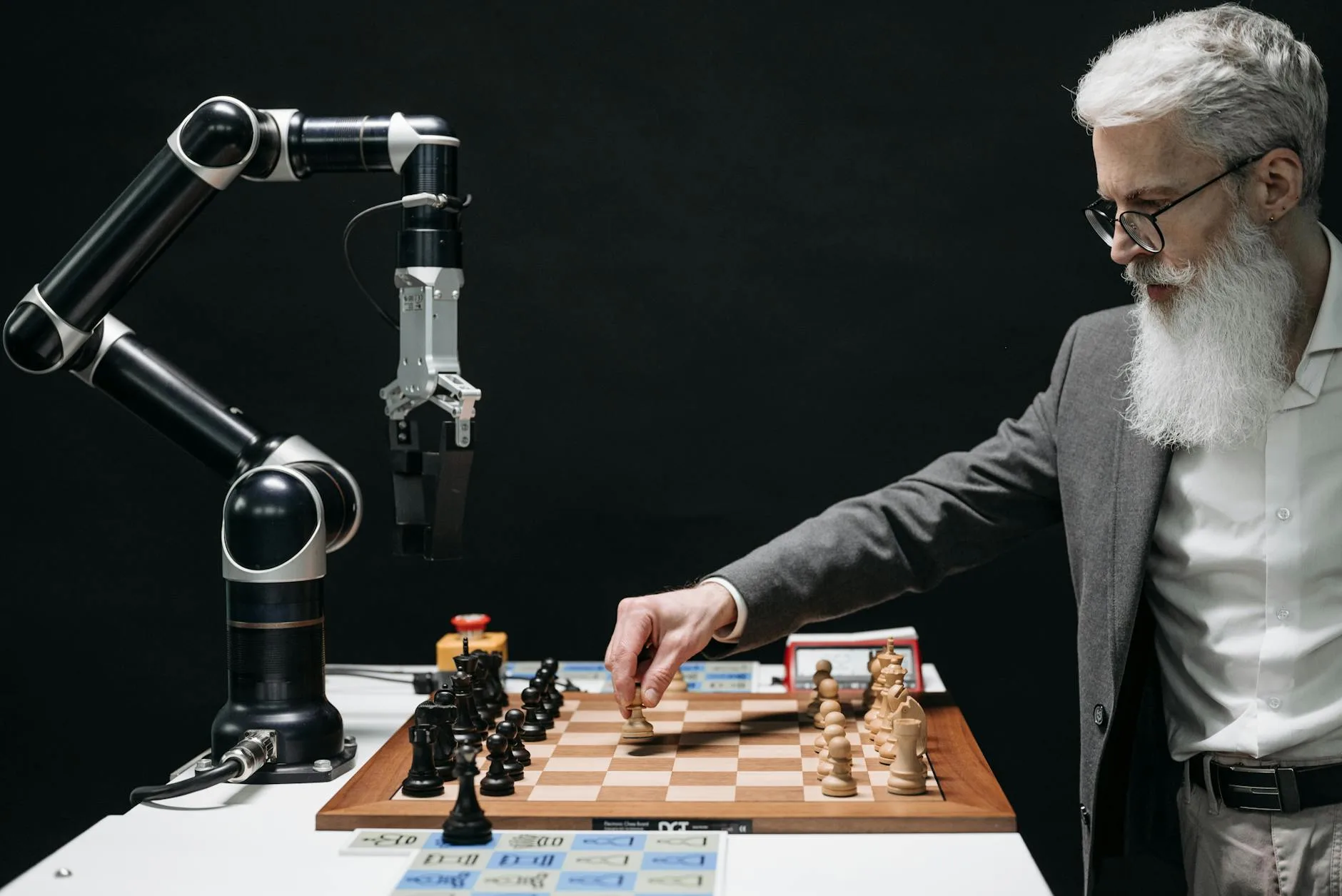Artificial intelligence (AI) is no longer a futuristic concept confined to science fiction movies. It has subtly but significantly infiltrated our everyday lives, shaping how we work, play, and interact with the world around us. From the moment we wake up to the time we go to sleep, AI is silently working behind the scenes, making our lives more convenient, efficient, and even personalized. Let’s take a look at Artificial Intelligence in Everyday Life.
1. AI in Our Homes:
- Smart homes: Imagine a home that adjusts the temperature, turns on lights when you enter a room, and plays your favorite music at your command. This is the reality of smart homes powered by AI assistants like Alexa, Google Assistant, and Siri. These devices use voice recognition and machine learning to understand our preferences and automate tasks, making our lives more comfortable and energy-efficient.
- Personalized entertainment: Streaming services like Netflix and Spotify use AI algorithms to recommend movies, shows, and music based on our viewing history and preferences. This personalized approach helps us discover new content we might enjoy and keeps us entertained for hours.

2. AI in Our Work:
- Automation and efficiency: AI is automating repetitive tasks in various industries, from data entry and customer service to manufacturing and logistics. This frees up human employees to focus on more creative and strategic work, boosting overall productivity and efficiency.
- Decision-making and analysis: AI algorithms are being used to analyze vast amounts of data and provide insights that can inform business decisions. From predicting market trends to identifying potential risks, AI is helping businesses make smarter choices and stay ahead of the competition.
3. AI in Our Health and Wellness:
- Medical diagnosis and treatment: AI is being used to analyze medical images and data to detect diseases like cancer at earlier stages and with greater accuracy. This can lead to more effective treatment and improved patient outcomes.
- Personalized healthcare: AI-powered apps and devices can track our health data, provide personalized recommendations for exercise and diet, and even offer mental health support. This empowers individuals to take control of their health and well-being.
4. AI in Our Transportation:
- Self-driving cars: The future of transportation is autonomous, with self-driving cars promising safer, more efficient, and accessible travel. AI algorithms are being developed to navigate roads, avoid obstacles, and make real-time decisions, paving the way for a revolution in transportation.
- Traffic management: AI systems are being used to analyze traffic patterns and optimize traffic flow, reducing congestion and improving commute times. This can make our cities more livable and sustainable.

5. AI in Our Communication and Entertainment:
- Social media and search engines: AI algorithms power the personalized recommendations and targeted advertising we see on social media platforms and search engines. While this can be convenient, it also raises concerns about privacy and manipulation.
- Virtual reality and gaming: AI is creating immersive and interactive experiences in virtual reality and gaming, blurring the lines between the real and virtual worlds. This opens up new possibilities for entertainment, education, and even therapy.
The Future of AI:
As AI continues to evolve, its impact on our lives will only deepen. We can expect to see even more intelligent and personalized experiences across all aspects of our lives. However, it is important to remember that AI is a tool, and like any tool, it can be used for good or for bad. It is crucial to develop ethical guidelines and regulations to ensure that AI is used responsibly and benefits all of humanity.
Conclusion:
AI is no longer a futuristic fantasy; it is a present reality that is transforming our world in profound ways. By understanding how AI is impacting our lives, we can embrace its benefits and navigate its challenges, shaping a future where AI empowers us to live healthier, happier, and more fulfilling lives.
Additional Points to Consider:
- The ethical implications of AI, such as bias, privacy, and job displacement, need to be addressed.
- The importance of ensuring equitable access to AI benefits for all members of society.
- The need for continuous education and training to prepare for the changing job market shaped by AI.
I hope this article provides a comprehensive and informative overview of how AI is impacting our everyday lives. Feel free to share your thoughts and questions about AI in the comments below!
Read More:Would AI Ever Replace Humans?
Unlock the Power of AI: Create Full Songs for Free!

